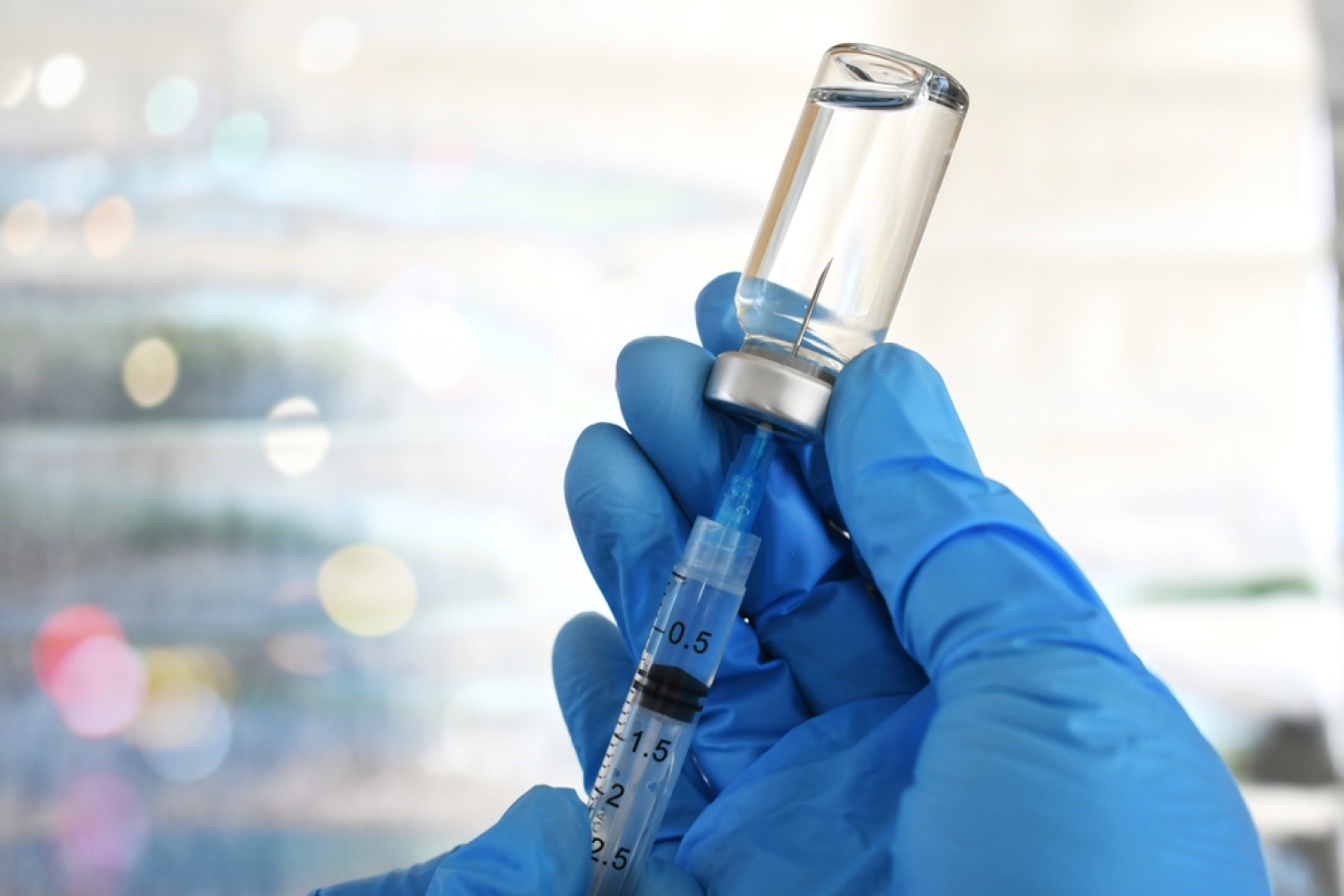
The Centers for Disease Control and Prevention (CDC) currently recommends a single dose of Moderna’s RSV vaccine for adults 75 years and older, and for adults 50 to 74 years old who have underlying conditions that can increase their risk for severe disease. These include chronic lung or cardiac diseases, severe obesity or a severely compromised immune system, among others.
See a detailed list of predisposing conditions and other up-to-date information on the CDC’s RSV page.
Although the Moderna shot has not been approved for infants, other immunizations are available for the very young: one that’s given to mothers during pregnancy and protects their babies after they’re born; and two monoclonal antibodies that confer protection during baby’s first eight months of life.
RSV (respiratory syncytial virus) isn’t as well-known as COVID-19 or the flu, but the virus is right up there as a cause of potentially serious disease—especially among infants, young children, older adults and people at any age with compromised immune systems.
However, the greatest burden of RSV falls on the very young, says Dr. Karen Acker, an Assistant Professor of Clinical Pediatrics at Weill Cornell Medicine and Assistant Attending Pediatrician at Children’s Hospital of New York at NewYork-Presbyterian. In fact, it affects nearly all children in the U.S. by the time they’re 2.
In what follows, Dr. Acker answers your FAQs about RSV, from risk factors to symptoms and treatment.
A runny nose, a cough and nasal congestion are its most common symptoms, often accompanied by a fever, but the virus can also cause more serious disease of the lungs and airways.
In 20 to 30 percent of infants, she says, “the lower respiratory tract becomes infected, and symptoms can progress to fast breathing, difficulty breathing and wheezing. Young infants with RSV can also experience a decrease in feeding, leading to dehydration.”
RSV can be very serious indeed, especially in infants younger than a year old, and it is the most common cause of hospitalization for children under 5.
“In the U.S., RSV illness accounts for up 80,000 hospitalizations, 500,000 emergency room visits and 300 deaths per year in children under 5,” Dr. Acker says. “Because infants have small, narrow airways, their mucous membranes can easily become plugged, resulting in respiratory distress. During hospitalization, an infant may require supplemental oxygen, and in severe cases, a breathing tube for respiratory support during their illness.”
Beyond a patient’s age, the factors most strongly associated with severe RSV illness are:
“The Moderna vaccine would significantly reduce these risks in adults, as the phase 3 clinical trial comparing the vaccine to placebo showed that the vaccine decreased RSV symptoms by up to 87 percent,” she says. It’s advisable, then, for adults at higher risk for the illness to receive one dose of the vaccine; not once a year, like the flu shot, but once in total.
Pregnant women are a special case. If they didn’t receive the RSV shot during a prior pregnancy, she can receive one between 32 and 36 weeks of pregnancy between the months of September through the end of January, and the antibodies passed on to the fetus will protect the infant during that RSV season.
If the mother did not receive an RSV vaccine at least 14 days before delivery during her current pregnancy, the baby should receive a dose of monoclonal antibody, which will provide protection during that RSV season.
Vaccines using mRNA technology, including Moderna’s RSV vaccine, have faced skepticism within and beyond the Department of Health and Human Services, despite numerous studies demonstrating their safety and effectiveness. However, the House of Representatives Appropriations Committee recently restored funding for mRNA vaccine research projects. That should make it easier for Moderna’s RSV vaccine to surmount challenges at the federal level.
Although we don’t have specific antiviral medications for RSV, its symptoms can often be successfully managed at home, says Dr. Acker.
There are two main reasons for bringing your child with RSV to the doctor’s office or the emergency room: dehydration or respiratory distress.
In either case, see your family doctor or pediatrician right away, or go to the nearest emergency room.
To schedule an in-office or video visit with your pediatrician, log in to Connect or call (646) 962-8000.